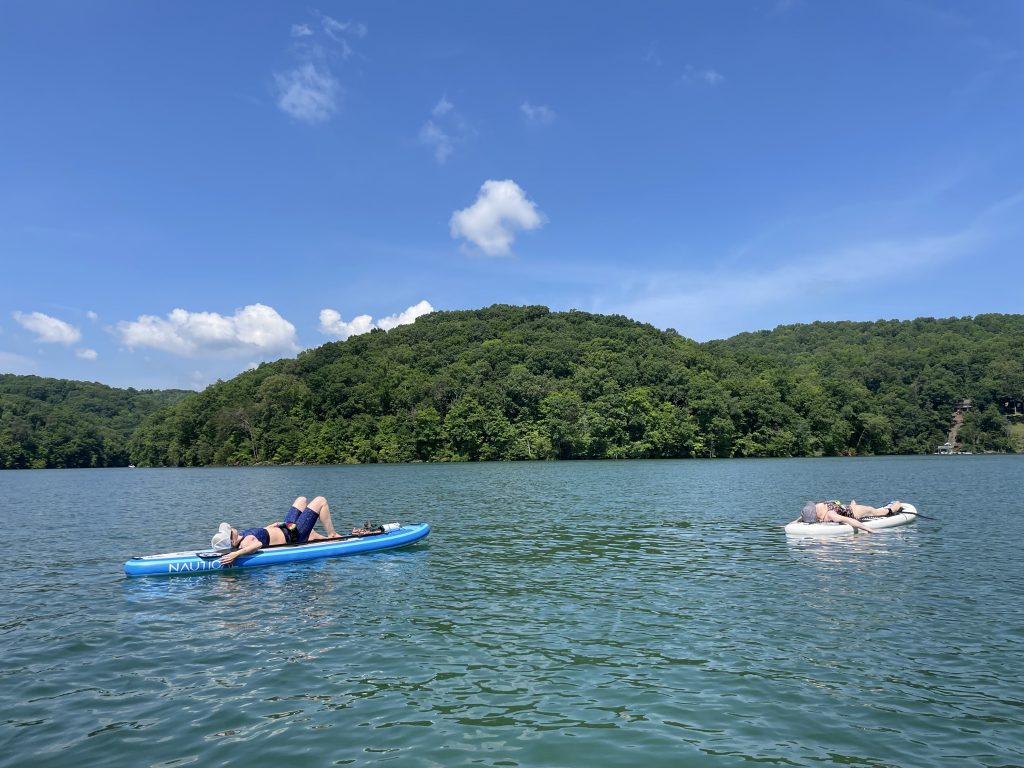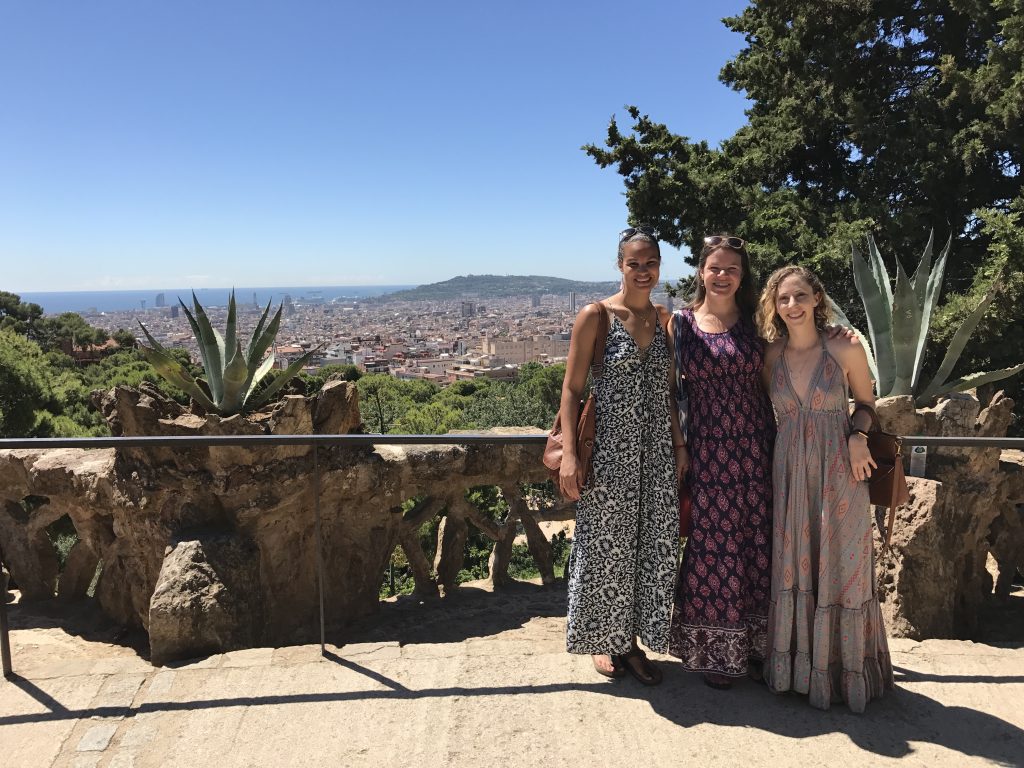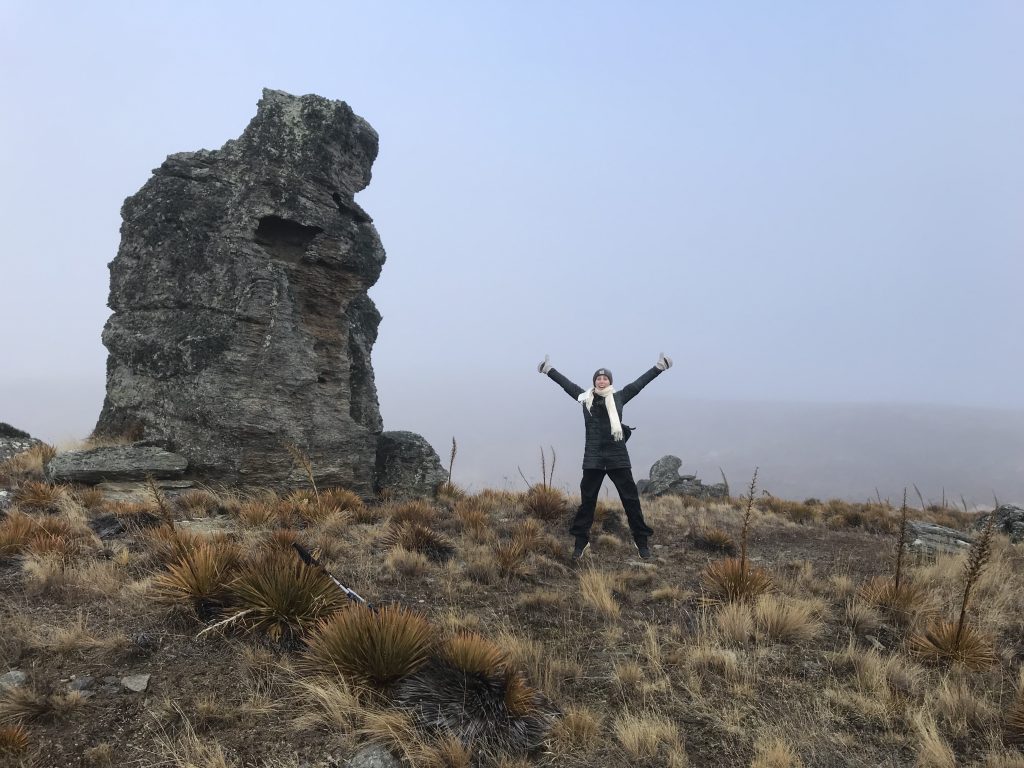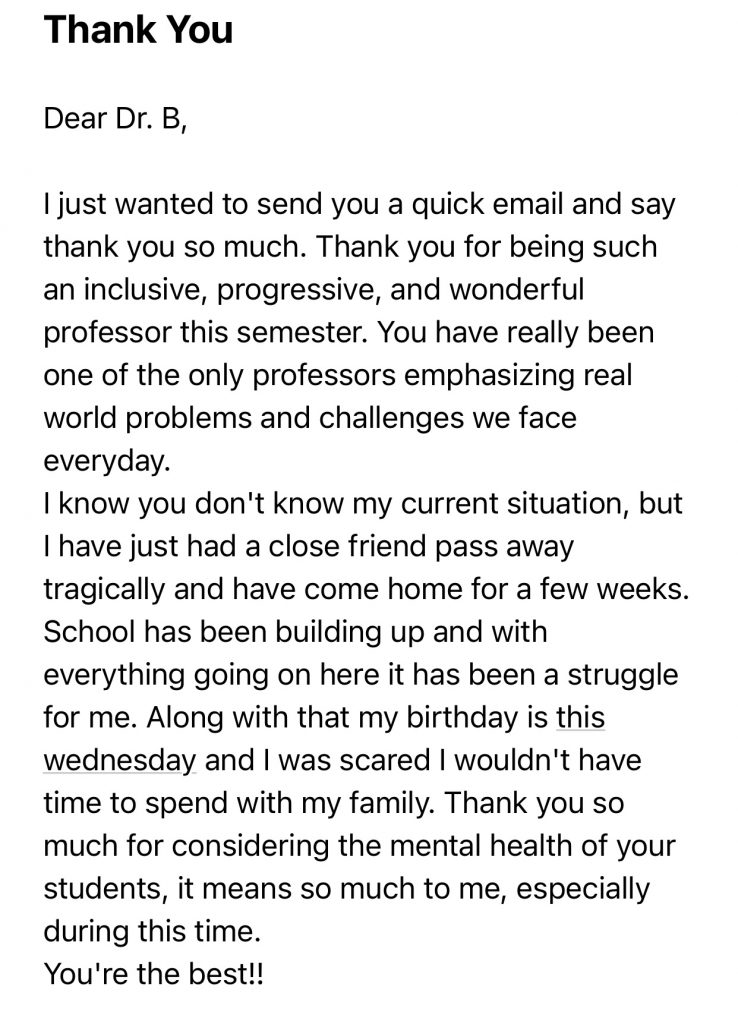124 Letter from Stefanie Benjamin

Sometimes people try to destroy you
precisely because they recognize
your power – not because they don’t
see it, but because they see it and
they don’t want it to exist.
– bell hooks, Reel to Real: Race Class and Sex at the Movies
If dismantling systems of oppression and fighting for equity flows within your body … read ahead my letter to you – with tips and strategies to accompany this exhausting, yet needed work, of disrupting power dynamics inside – and outside – academia. Let’s ride the waves of this chaotic landscape together …
Find time for mental health and wellbeing
Make time for your mental and physical health. So many academics do not share their struggles or challenges around stress, anxiety, depression … imposter syndrome. Grants rejected, Reviewer #2’s gnarly feedback, bullying in your department, cruel student evaluations, sexual harassment … For me, I encourage you to truly distance yourself from your work. Set boundaries with not answering emails past a certain hour in addition to not having your work email on your phone. I’ve also seen colleagues state their email boundaries within their email signature.
In academia, the fetishization of productivity can negatively impact our health and wellbeing … however, I encourage you to be present, bask in the glory of your accomplishments (whatever that looks like to you), embrace failure, and don’t let the pressure of neoliberal metrics (publish, grants, etc.) corrupt your health. Find a therapist or counselor – even if you think you are ‘ok’. Normalize taking anti-depressant or anti-anxiety medication and take advantage of what natural resources your town may have. Join clubs that bring you joy – and find friendships outside the academic walls.

Friends, family, and travel – do it with no guilt
Throughout my tenure as a graduate student and professor, I’ve curated friends within academia that I can confide in, cry and laugh without judgement, publish, travel, and truly be myself around. These women have been my sounding board, my mentors, my incredible pillars of support. When you find a friend group that you can participate in a conference with … then travel together – well that is truly the benefits of academia. Find friends that you not only enjoy writing and publishing with, but also just truly solid humans.

Not everyone enjoys or is close with their family. But if you are, I employ you to take time away from your work … and travel or visit them. Especially since COVID-19, when I have the chance to see my folks or take a holiday with them – I will. As an academic, we have the privilege (sometimes) to curate our own schedule. As such, take advantage of how, when, and where you work. My family lives about thirteen hours (without stopping) driving distance from me. As such, whenever I get the opportunity to travel or spend time with them – I do … without guilt. Lastly, if you are on a nine month contract, travel; during your ‘off’ time without the headspace of ‘I should be writing’ … Full stop. This is one of my biggest regrets of my solo trip to New Zealand in June 2019. I felt guilty that I wasn’t producing during my summer and it negatively impacted my travel experience.

Make a difference beyond publications
Sometimes we forget the power of mentorship and influence when it comes to our students. Nothing brings me more joy than receiving an email from a student who shares how impactful I was for them. When you get these notes, emails, cards, etc – print them or keep them in a folder to help you remember your impact. The toxic culture of academia can be depressing– mess with your head – make you feel undervalued and deflated. However, these notes of gratitude … this helps to remind me of why I’m here.

Find your curiosity, passion, and niche … don’t let anyone persuade you that your research and work is not worthy. I was questioned early in my academic tenure why I, as a White woman, was ‘so interested in Black history and equity’ … that my research was not-rigorous since it involved qualitative methodologies. However, the work that my colleague Dr. Alana Dillette and I have collaborated with Black industry leaders like NOMADNESS Travel Tribe allowed us to truly advocate for an equitable travel landscape. Our work moves beyond the academic walls and is infiltrating travel industry webinars, workshops, and conferences. We hope that this momentum influences other academics to partner with industry leaders to fight for equity and justice for marginalized communities.

Use your academic privilege to create space to amplify voices that are silenced … make academia accessible beyond the publishing paywalls. Does this mean more work? Yes. Work that is exhausting and emotionally draining? Yes. But ask yourself, ‘is it work that aligns with my values’? If yes, then find your community, your collective voice, and make some ‘good trouble.’
Set your boundaries, hold your ground, speak your truth, find scholars who support your vision, and continue to keep your values in focus.

Stefanie Benjamin
The University of Tennessee, United States
References
hooks, b. (2009). Reel to real: race, class and sex at the movies. Routledge.

